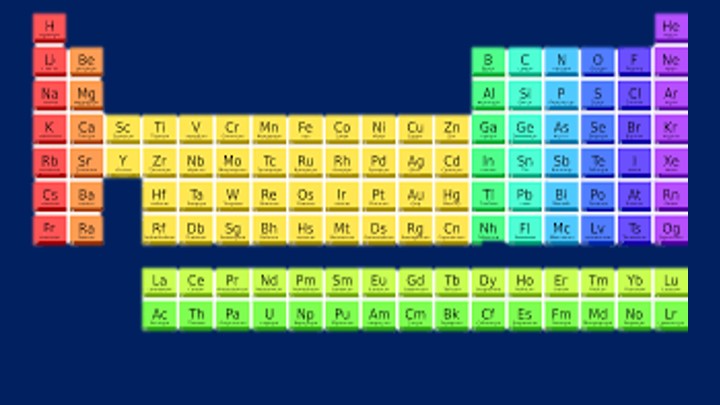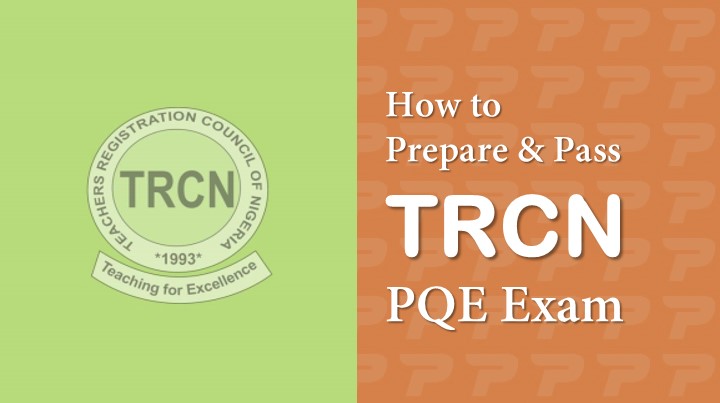Last Updated on April 30, 2024 by Uncle Pat Ugwu
There are multiple educational programmes in Nigeria. In this list of educational programs in Nigeria, we will try to categorize them for easy understanding. (Please check our articles on gamification in education). These Educational Programmes in Nigeria are in different categories and they perform different tasks according to their mandates.
Teachers and other educators in Nigeria are expected to know most of these Educational Programmes in Nigeria to prove that they actually went into teachers’ education training.
First, we shall be starting with educational programmes offered by National Examination Council (NECO).
National Examination Council (NECO) Programme
The National Examination Council is an examination body in Nigeria that conducts the Senior Secondary Certificate Examination and the General Certificate in Education in June/July and November/December, respectively.
NECO offers the following programmes:
National Common Entrance Examination (NCEE)
This examination is administered to pupils in their 6th year of basic education. The purpose of this examination is to select the best candidates from every state of the federation and the Federal Capital Territory (FCT) for admission into Federal Unity colleges.
These Colleges are, essentially, Secondary schools owned by the Federal Government of Nigeria. Their objective is to foster unity amongst the children of NIGERIA. One is held annually. The result of the first examination determines candidates that qualify for a second examination based on cut-off marks for each state. The result of the second examination qualifies candidates for admission based on merit, equal state quota and environmental considerations.
Basic Education Certificate Examination (BECE)
To transit from the ninth year of the basic education class to the senior secondary, the BECE is conducted for candidates in their third year of Junior Secondary School. While each state of the federation and the FCT conducts the BECE for its candidates, NECO conducts the BECE for Federal Unity Colleges, Armed Forces Secondary Schools and other Federal establishments operating Secondary schools.
Private Secondary schools also take part in the NECO BECE provided they are permitted by their State Ministries of Education. Eighteen subjects are administered at the BECE level. A candidate is expected to sit for a minimum of nine subjects and a maximum of ten. A candidate is deemed to have passed the BECE if he/she has passed in six subjects, including English and Mathematics.
Senior School Certificate Examination (SSCE)
This is the examination taken by candidates in their last stage of Secondary School Education. SSCE is in two categories. One is for candidates in the third and final year of their senior secondary education, and it is called SSCE Internal while the Second is SSCE External and is for candidates not in the School system, i.e. Private Candidates.
Up next is another examination body in West Africa of which Nigeria is part, they are known as WAEC.
West Africa Examination Council (WAEC) Programme
The West African Examinations Council is an examination board established by law to determine the examinations required in the public interest in the English-speaking West African countries, to conduct the examinations and to award certificates comparable to those of equivalent examining authorities internationally.
WAEC conducts examinations and awards certificates for Junior Secondary School Certificate Examination (JSCE) and Senior Secondary School Certificate Examination (SSCE).
The Joint Admissions and Matriculation Board (JAMB)
The Joint Admissions and Matriculation Board is a Nigerian entrance examination board for tertiary-level institutions. The board conducts an entrance Unified Tertiary Matriculation Examination for prospective undergraduates into Nigerian Universities, Polytechnics and Colleges of Education.
Students who are seeking admission into federal, state and private tertiary institutions are required to take this of the important Educational Programmes in Nigeria known as JAMB first.
Joint Universities Preliminary Examinations Board (JUPEB)
The Joint Universities Preliminary Examinations Board (JUPEB) is a national examination body approved by the Federal Government of Nigeria in December 2013. It was formally established in April 2014 by a consortium of ten (10) partnering universities led by the University of Lagos.
The board has the responsibility of conducting common and standard examinations for the candidates, who have been exposed to a minimum of one-year approved courses in the different Universities’ Foundation and/or Diploma Programmes and are seeking Direct Entry admissions into University courses at the 200 Level in Nigerian and partnering foreign universities.
The first of such examinations were conducted in August 2014 and successful candidates were admitted into the 200 Level by JAMB based on recommendations from the universities. With effect from 2015, JUPEB Examinations will hold in June annually.
National Diploma (ND) Programme
National Diploma (ND) formerly known as Ordinary National Diploma (OND) is a Nigerian Polytechnic award for a two-year course. The holder can get admission into the Higher National Diploma (HND) programme of Polytechnic or Direct Entry admission into 200 level course in a Nigeria University.
Both ND and HND programmes run in Nigeria Polytechnics are supervised by the National Board for Technical Education (NBTE)
Higher National Diploma (HND) Programme
Higher National Diploma (HND) programme is a continuation of a National Diploma (ND) programme, both offered by polytechnics. The ND and HND programmes have a duration of two years each, with a one-year break after the ND programme for an Industrial Training (IT) attachment in relevant industries.
At the completion of an HND programme, the graduate would have spent 4 to 5 years; hence, Higher National Diplomas are sometimes referred to as “equivalent” to a University bachelor’s degree or four years of university education.
Although, there has existed a long-standing disagreement over the “equivalence” of a Polytechnic HND degree to a University bachelor’s degree; employers of labour (including the government and its policies) have discriminated against HND holders-grading them below their university counterparts and preventing them from attaining managerial or directorate cadres.
Nigeria Certificate In Education (NCE) Programme
Nigeria Certificate in Education (NCE) Programme is the award given to graduates of colleges of education. Generally, after a three-year course at a college, the graduate is awarded NCE. This educational programme in Nigeria is supervised by the National Commission for Colleges of Education (NCCE).
Those who want to teach in Nigerian schools must have either a Nigeria Certificate in Education, a bachelor’s degree in education or a bachelor’s degree in a subject field combined with a postgraduate diploma in education.
Bachelor of Science (B.Sc.) or Degree Programme
One of the most popular Educational Programmes in Nigeria is B.Sc, which stands for Bachelor of Science. This term is used for a degree or university award. You earn Bsc after completing a 4-year or 5-year course in any university.
More so, terms like B. Tech, B.Sc. Ed. are the equivalence to BSC. They are also degree awards – just a difference in courses or disciplines. While B. Tech is for graduates of engineering and technology-related courses, B.Sc. Ed. or B.Ed. is for graduates of education courses.
Graduates of Law are awarded LLB and Medical graduates, MB. Others include BSN for nursing graduates, B. Pharm for pharmacy graduates, B. Agric for Agriculture, and related courses.
Please check out our project topic samples for your academic research.
Post Graduate Programmes
There are a lot of other postgraduate Educational Programmes in Nigeria. Some of them are Professional Diploma in Education (PDE), Postgraduate Diploma in Education (PGDE), and so on.
Final Thoughts
The Educational Programmes in Nigeria have been enacted by the different laws of the land to help in strengthening the education sector. Nigeria has also partnered with international organizations in the area of education in order to boost the goals and aspirations of the sector.
Please use the comment section below to ask your question or share your view. Consider joining our Facebook Group to meet with other great teachers who are interested in EdTech. Also, subscribe to this blog by email and through our YouTube and Telegram Channels to receive regular EdTech and DigiLit updates.








After my Nce program, what degree can I take in for ?
This depends on what you studied in your NCE programme. Nevertheless, I strongly suggest you should take a direct entry form in the faculty of education.
Here is a small guide for you.